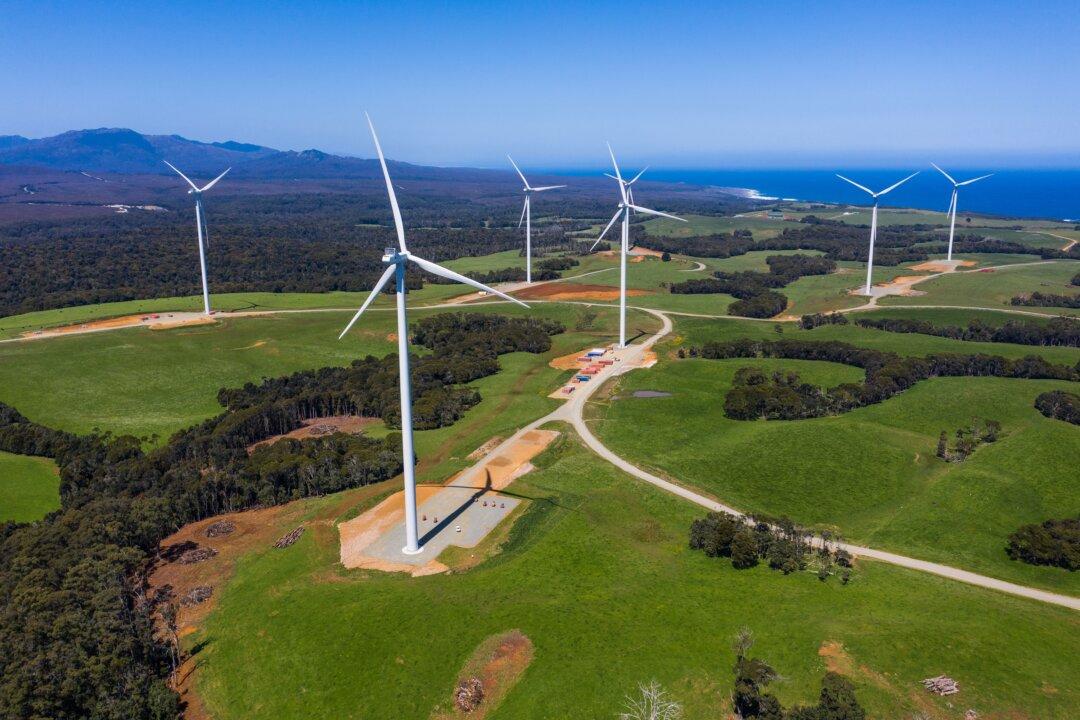Promoting trust and communication will be vital if wary Australians are to embrace the nation’s transition to net zero, according to a major energy study.
Improved community consultation, better complaint handling through ombudsman roles and a rating system for developers are among nine recommendations of the review put forward by the Australian Energy Infrastructure Commissioner (AEIC).





